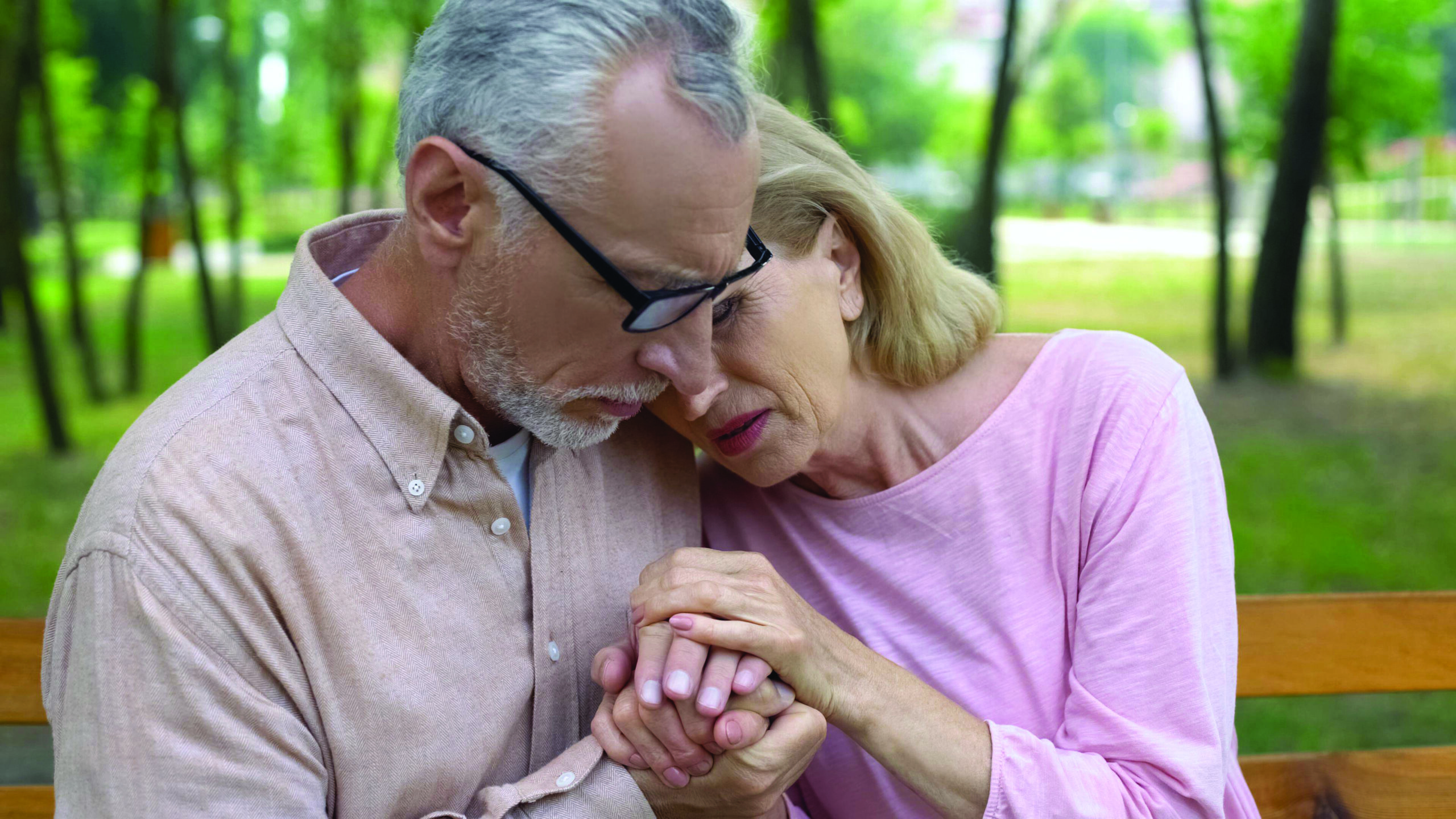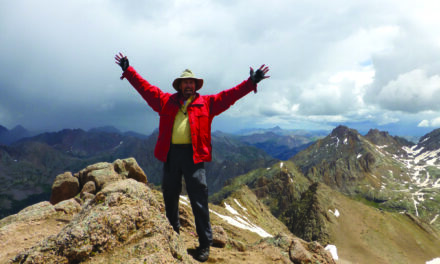
We need to talk.
There’s a 70 percent chance you’ll die in a healthcare facility, even though you want to be at home. There’s a 50 percent chance you won’t be capable of making your own medical decisions when that day comes. You don’t have to be old or at risk or even irresponsible to face a mortal health crisis, and there are common-sense steps you can and should take before decisions about your end-of-life care pass beyond your reach.
If you’ve made a Living Will, you’ve made a good start. The most common type of Advance Directive, a Living Will gives you a voice when you can no longer speak for yourself.
But a living will isn’t enough.
“Your family needs to know what you want so they don’t end up second-guessing.”
If you haven’t already granted someone Medical Power of Attorney, you’re overdue. The most important legal tool available to the dying, MPOA puts decisions about your final care into the hands of someone you trust.
But Medical Power of Attorney isn’t enough.
Do Not Resuscitate. Do Not Intubate. Medical Orders for Scope of Treatment. Five Wishes. All are useful tools that will help see you through your last days on your own terms. But one document, or a dozen of them, won’t necessarily be enough to see that your end-of-life care is conducted as you wish.
We need to talk because trying to reconcile your brass tacks written instructions with the potentially complex and unpredictable path of your decline can be a terrible burden to those you leave behind, and one that can and does leave families in emotional ruin. For your sake, and for theirs, you need to talk about it, face-to-face and heart-to-heart.
“People who don’t have that conversation are doing their families a disservice,” says Wendy Snow, medical social worker and volunteer coordinator for Mount Evans Home Health & Hospice (MEH). “They’re left making decisions about your fate without knowing what you want. You’re setting them up for misunderstanding, guilt, conflict and estrangement.”
“Advance Directives are fine,” agrees Nancy Balter, a Genesee resident and longtime MEH volunteer, “but they don’t necessarily cover what you might want at the end of life. Your family needs to know what you want so they don’t end up second-guessing. If you’ve had that conversation, things can go so much easier, so much better, for everyone.”
Talking about the right time to say goodbye to someone you love isn’t a conversation anybody really wants to have, or even knows how to have. Snow and Balter hope to get the mountain area ball rolling in the right direction with Foothills Conversations: Honoring Health Care Wishes. Launched in collaboration with the Conversation Project of Boulder and presented by an all-volunteer team under Balter’s guiding hand, it’s a new Mount Evans program that’s been a long time coming.
“We’ll bring our presentation to any group, anywhere.”
“Several years ago I took the Conversation Project training with Nancy and a few other volunteers,” says Snow. “We had a couple of presentations, but the program languished because Mount Evans just didn’t have the bandwidth to keep it going. One year ago, Nancy said she was willing to do it if Mount Evans was willing to let her.”
Appreciating the program’s importance, Mount Evans was more than willing to hand Balter the reins. In short order, she had a dedicated company of volunteers, and together they developed a solid plan.
“The minute you start talking about this, it becomes personal with people,” Balter says. “It really is a bottom-up program of Mount Evans, and our volunteers are deeply committed to it.”
Foothills Conversations’ initial public presentation will take place next month on National Health Care Decisions Day, April 16, from 4 pm to 5:30 pm in the Mount Evans building on Bergen Peak Drive, and all are encouraged to attend. Topics to be covered run from Advance Care Planning and the importance of Advance Directives to how to begin the Conversation and what you should be talking about.
“It’s not easy for people,” Balter explains, “so we try to offer some direction.”

Done properly, the Conversation covers a surprising amount of ground. Who should be involved in the discussion? It’s okay to be selective. Who should have your MPOA? Your first choice may not be your best choice. How often should you review your Advance Directives? More often than you do, probably. How much intervention do you really want, and under what circumstances? Not knowing when it’s okay to let you go can be emotionally devastating for your loved ones, and potentially horrific for you.
“Medicine is geared to treat,” says Snow, “and that may not be what you want.”
The Conversation can be hard to have, but learning how to have it is easy enough. All you have to do is listen.
“We’ll bring our presentation to any group, anywhere,” Balter says. “We’re focusing on church groups, book clubs, civic organizations—smaller groups where people can have this discussion among people they know and trust.”
Advance Directives in ink on paper are essential. But should a day come when you can no longer direct your care, those decisions will be made by flesh and blood people, and they won’t know your wishes unless you tell them while you still can.
“Making end-of-life decisions for a loved one puts a lot of pressure on the family,” Snow says. “Foothills Conversations is an important part of Mount Evans’ mission in this community, and it’s something that will benefit everybody.”
Info about Foothills Conversations will be available at [email protected] and mtevans.org.
To learn more about the National Conversation Project, visit theconversationproject.org.




